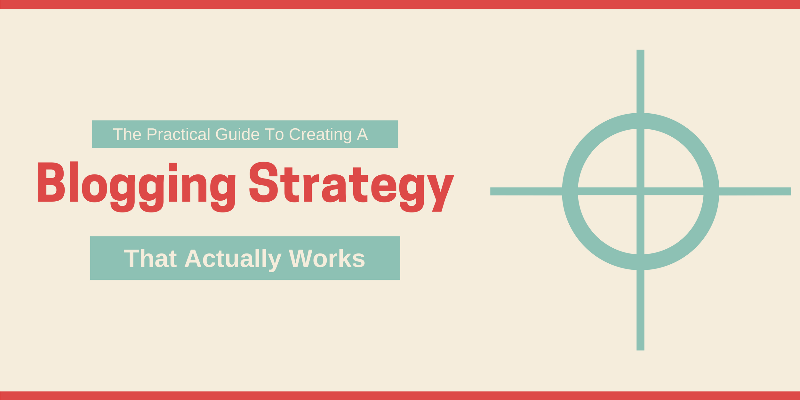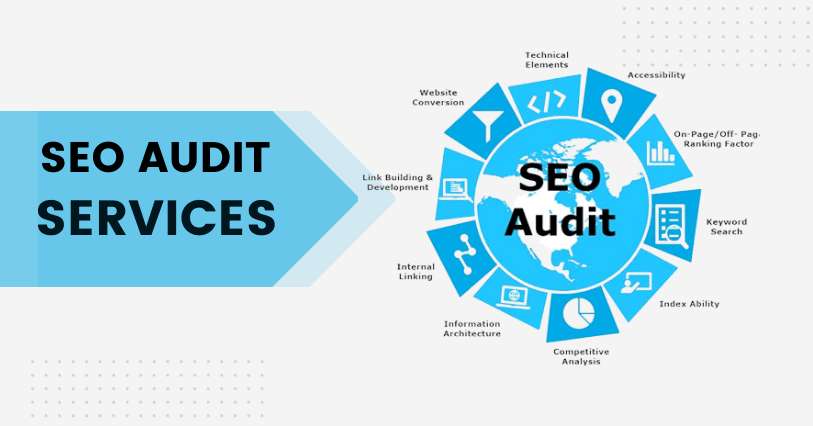On page SEO is the act of improving the technical and content elements of your web pages. This helps search engines access and understand the information your site provides. Keyword research, site speed optimization, crawlability, and content audits can all be part of the on page SEO process. At Stellar, we specialize in content strategy, development, and optimization.
Sometimes our clients ask us how soon before they’ll see results once we start implementing on-page SEO services. The answer to this is that it depends on at least a couple of different things.
- Your goals
- Your budget
- Your competition
- Your current situation
Overall, you should plan for anywhere from 4-12 months, depending on your situation and goals.
That said, by taking care of technical SEO, you can start having faster results as you enjoy more visitors to your newly-optimized website. By combining a page-level technical SEO review with an optimized content strategy, we create a robust SEO strategy that helps our clients achieve a greater return on their investment with us.
Technical SEO
Technical SEO includes aspects that take place behind the scenes but that affect your site’s ranking because it affects how your site is crawled and indexed by Google. Your sitemaps, page speed, URL, and other things affect technical SEO.
People often overlook technical SEO because they believe it’s too complicated.
It does require a level of expertise, and it’s important that it be done thoroughly and meticulously. But, if you don’t have technical SEO dealt with, it can negatively impact all the other on-page SEO tactics you’re implementing.
Technical SEO affects everything from site load times to your mobile version. You could have a beautiful site, but if it takes too long to load, you won’t get many site visitors from search results, and ultimately your ranking in SERPs (search engine results pages) will decline.
Bottom line: Technical SEO involves how Google crawls and indexes your site as it determines that your site answers search queries. If you do not have a sound technical foundation, you will likely see diminished results from your content strategy and link-building. Learn more about our technical SEO services.
SEO CONTENT
This includes all content on your page – blog posts, articles, and even your landing page and other pages. ALL content should be optimized for SEO. Why? Think of SEO as the “signal” to Google that your page/website answers the question searchers have.
You write blog posts, articles, and other types of copy because you want to inform people about your services or about important topics in your industry. This helps establish you as a thought leader…but only if people find your content. That’s where optimizing content comes in.
Implementing an SEO strategy brings visitors to your site, improves your click-through rate, and ultimately increases the likelihood they’ll purchase your product or service. Over 70% of marketers say that an on-page SEO strategy is better than PPC (pay-per-click) ads for converting prospects into sales.
Bottom line: Making sure your content is optimized for SEO is critical as is making sure it caters to your target audience. Avoid SEO services that do not offer content optimization services.

































